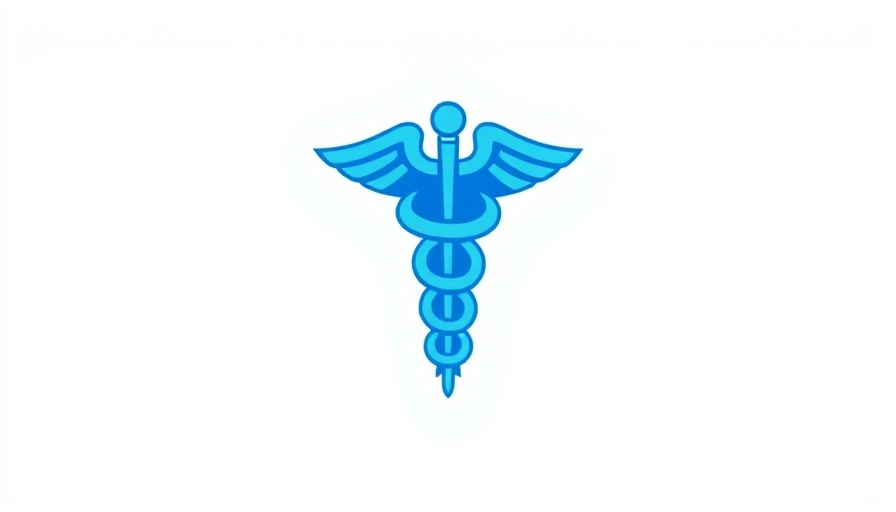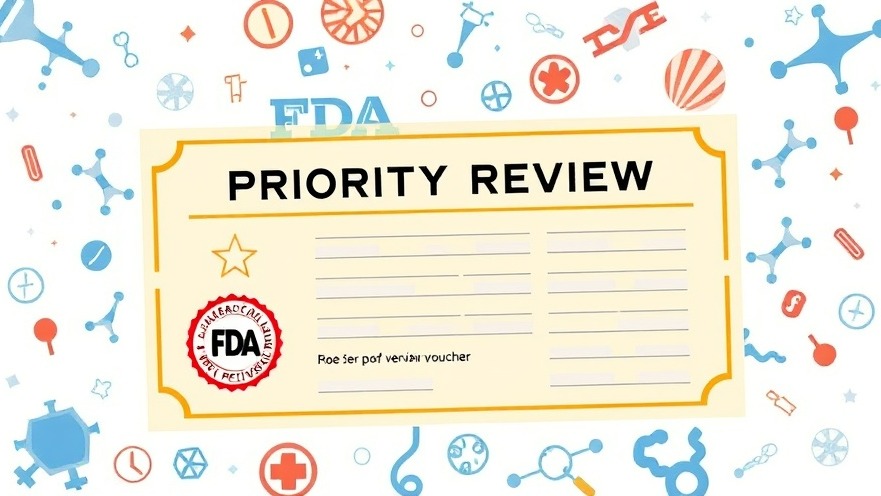
Analyzing the Conversations Between Leaders on Vaccine Concerns
In a recent and noteworthy meeting, President-elect Donald Trump and Robert F. Kennedy Jr. found themselves at the center of a pivotal discussion with leaders from major pharmaceutical companies. The conversation predominantly revolved around vaccines, a topic with both historical significance and present-day implications. Notably, the aim was not to prohibit vaccines but to pursue a more thorough examination of current dosing schedules and potential links to chronic diseases, a concern vocalized by Kennedy.
The Motivation Behind Calls for Enhanced Vaccine Research
Robert F. Kennedy Jr. has consistently championed the call for intensified scientific scrutiny regarding vaccine schedules and their potential links to autism, a connection that has yet to be substantiated by the broader scientific community. Despite the overwhelming consensus from bodies like the World Health Organization, which credits vaccines with saving millions of lives, Kennedy's unresolved queries highlight a persistent narrative in certain circles that demands attention.
Future Trends in Vaccine Research and Policy Implications
The implications of this dialogue extend beyond the immediate players involved, pointing to potential shifts in vaccine research and related policies. Trump underscored Kennedy's advocacy for research as an opportunity to soothe public vaccine hesitancy. This acknowledgment could spur additional investigations into the autism discussions, thus influencing the regulatory landscape and impacting the pharmaceutical industry's future operations.
Potential Benefits for Medical Practice Stakeholders
For concierge medical practice owners striving to carve out a niche in an evolving landscape, these discussions present an opportunity. Staying abreast of shifts in vaccine regulation and public sentiment is essential. Understanding the nuances of vaccine research debates equips them with knowledge that can be communicated to patients, helping alleviate concerns and reaffirming their standing as informed, empathetic health providers.
 Add Row
Add Row  Add
Add 






Write A Comment